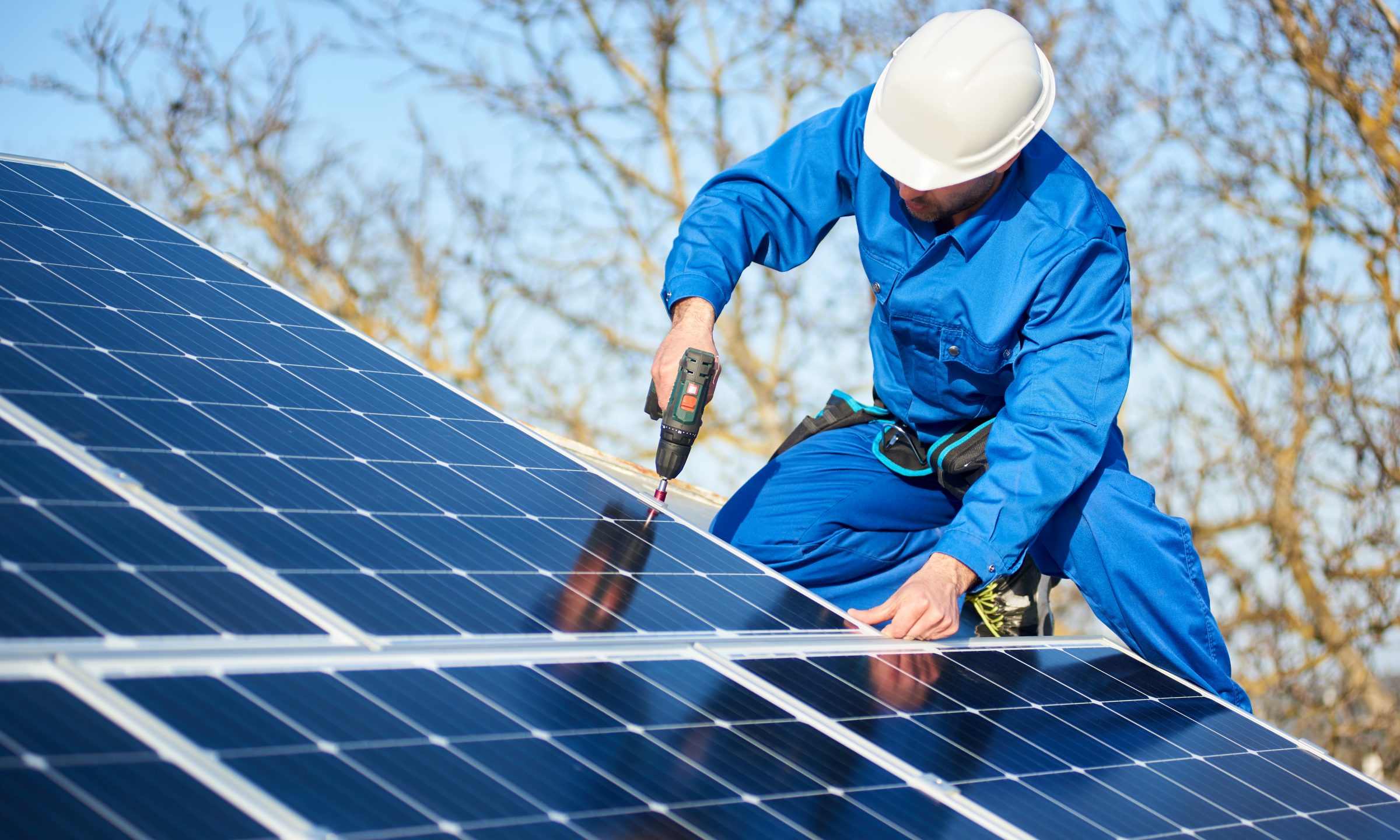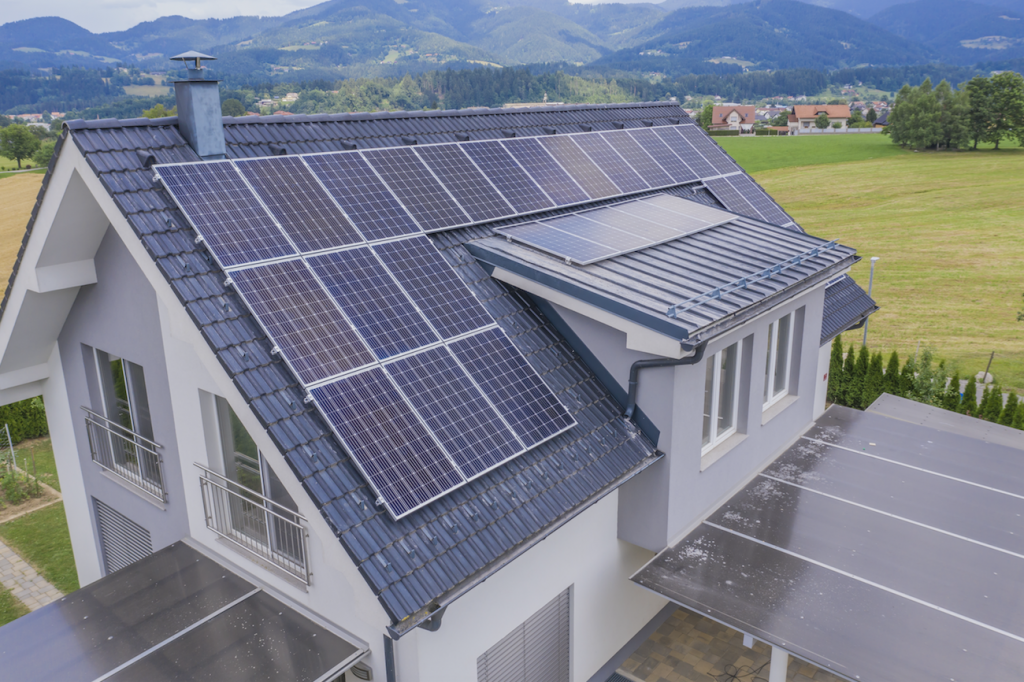Putting Solar Panels On House | How To Install Solar Panels On House And Its Cost
I. Introduction
The world is rapidly transitioning towards renewable energy sources, and one of the most popular options for homeowners is installing solar panels on their houses. Solar power not only helps reduce electricity bills but also contributes to a cleaner environment by reducing carbon emissions. In this article, we will explore the benefits and considerations of putting solar panels on your house.
II. Benefits of Installing Solar Panels
- Cost Savings: Solar panels can significantly reduce your electricity bills over time. By harnessing the power of the sun, you can generate your own electricity and potentially sell any excess back to the grid.
- Environmental Impact: Solar energy is clean and renewable, making it an eco-friendly choice. By adopting solar power, you can reduce your carbon footprint and contribute to the fight against climate change.
- Energy Independence: By generating your own electricity, you become less dependent on traditional power sources. This can provide peace of mind during power outages or in remote areas without reliable grid access.
- Long-Term Investment: Solar panels have a lifespan of 25-30 years and require minimal maintenance. They can increase the value of your property and provide a return on investment over time.

III. Considerations Before Installing Solar Panels
- Suitability: Assess the suitability of your house for solar panels. Factors like roof orientation, shading, and structural integrity play a crucial role in determining the efficiency of solar panel installation.
- Cost Analysis: Calculate the upfront cost of installing solar panels and analyze the potential savings over time. Consider financing options, government incentives, and available tax credits to make an informed financial decision.
- Permitting and Regulations: Research local regulations and obtain necessary permits before installing solar panels. Some areas may have restrictions or guidelines regarding panel placement, size, or aesthetic considerations.
- Choosing the Right Installer: Select a reputable solar panel installer with experience and certifications. Request multiple quotes, review customer testimonials, and ensure the installer offers warranty and maintenance services.

IV. Conclusion
Installing solar panels on your house can be a wise investment both financially and environmentally. With the potential for cost savings, reduced reliance on traditional power sources, and a positive impact on the planet, solar energy is a compelling option for homeowners. However, thorough consideration of suitability, costs, regulations, and finding the right installer is crucial to ensure a successful and efficient solar panel installation. Embrace the power of the sun and take a step towards a sustainable future for your home.
Frequently Asked Questions
Can a house run on solar power alone?
It is possible for a house to run entirely on solar power alone. However, this would require the right equipment and very good sun exposure.
Do you really save money with solar panels?
The answer to this question is “maybe.” Solar panels are a great way to cut down on your energy bills in the long run, but they may or may not save you money in the short run. In order to figure out if solar panels are worth it, you need to consider the cost of your energy bill and how much your solar panels will save.
How much does a solar panel cost?
The cost of solar panels varies significantly. It can depend on the type, size and quality of the panel as well as its efficiency rating. The average price for a residential solar panel is $3.25 per watt, or $4.50 for a commercial solar panel with an efficiency rating of 19%.
How Long Will It Take for Solar Panels To Pay for Themselves?
Generally speaking, though, most homeowners can expect their solar panels to pay for themselves within 7-10 years.
